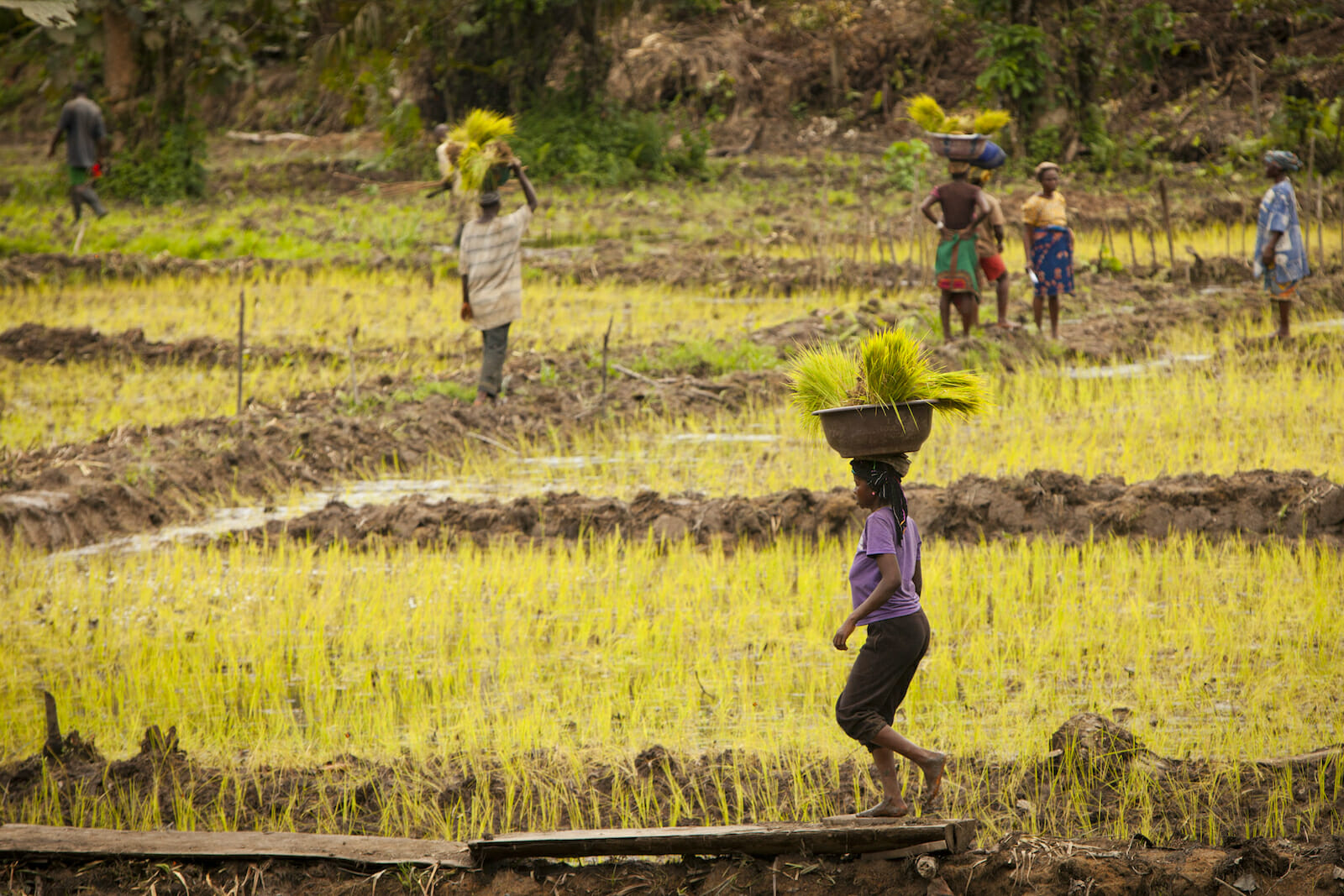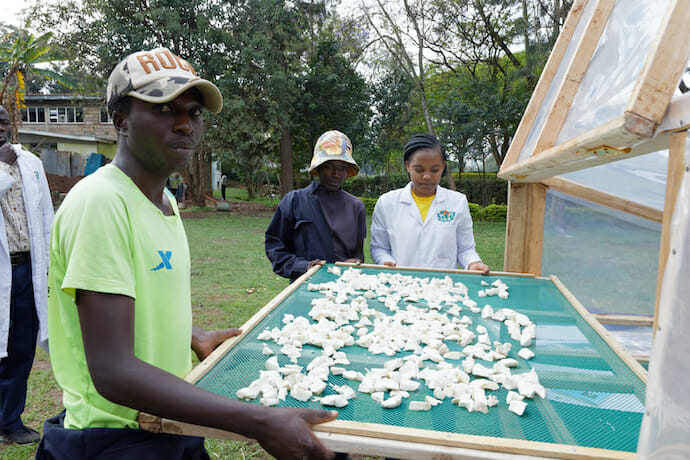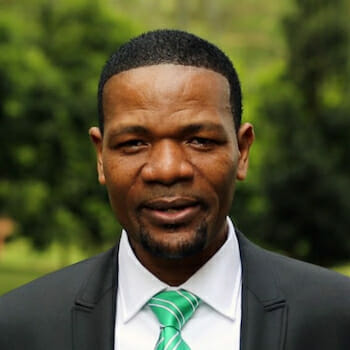
ClimateAction-Preneurship: Delivering Affordable Value-added Solutions in Africa
Agriculture is not just about production alone but the entire agricultural value chain. Across the entire African continent, production is where the focus has been for a very long time. This has been a missed opportunity as value addition to expanding the entire agricultural value chain has been the biggest missing link. Affordable value addition solutions are therefore an urgent need for agricultural value chain actors across Africa, including countries like Kenya. In Kenya for example, annual post-harvest losses reach up to $1.5 billion every year.
Reversing these losses translates to not only enhanced food security but increased income opportunities for farmers. Lack of value addition, including poor storage and handling, is among the leading causes of these losses. Among the leading solutions to these losses are mechanical solar dryers – which when designed correctly, can effectively dehydrate diverse agricultural produce to less than 12% moisture content, a threshold that is critical to prevent multiplication of bacteria which accentuates spoilage, and which is difficult to achieve through traditional open-air sun drying. In addition, these solar dryers deliver a much-needed solution without piling on emissions which exacerbates climate change. Climate change is responsible for up to 55% of yield losses in Kenya.
Solar dryers: A timely youth climate action enterprise solution
EBAgroPamoja, a climate action solution enterprise, leveraging innovative structured guidance where youth retool their skills to drive climate action, has developed solar dryers that are leading in recouping losses on diverse value chains without increasing Kenya’s net emissions. The design follows proven solar dryer designs that have revolutionized the way farmers dealing in perishable products – be it tomato, pepper, vegetable, and cassava – view market days. Previously, end of market days meant counting losses, where the surplus product is sold hurriedly at a fraction of its fair price and the remainder is left to rot. Solar dryers have proven to be a game-changer. Perishables like fruits and vegetables that are unsold at the end of a market day are simply dehydrated and converted to dried products. This dehydration means farmers can charge up to 30 times more for their dried produce in the offseason when demand is high.
In Kenya, EBAgroPamoja solar dryers were first tested on rice farmers. Rice is the third most important staple food in Kenya. The use of solar driers has been proven to be 48 times more efficient at drying than open-air sun drying. While open-air sun drying takes an average of 2 days, a mechanical solar dryer takes 1 hour to reduce the moisture content to 10%. This is much lower than the 14% threshold needed to prevent aflatoxin. In addition, the driers provide additional benefits of hygiene. Unlike open sun drying, the mechanical dryer is well covered and prevents soiling from dust and other unwanted impurities – including animal and bird droppings. This reduces the time and cost of cleaning rice during processing.

Going beyond the solution: Ensuring affordability
To ensure the affordability of these dryers, EBAgroPamoja has focused on two strategic aspects. Using locally trained labour, comprised of youth, and using locally available materials.
Through this approach, several enterprise benefits have accrued.
First, youth can retool their skills. Through EBAgroPamoja, youth with carpentry skills have been structurally guided to improve, refine and adapt their skills to fabricate mechanical solar dryers using locally available materials. In less than 2 months, 10 youths have had their skills retooled and developed. These youth now earn a living fabricating these solar dryers. They are at the forefront of delivering a much-needed climate action solution but from an enterprise angle – making them climateaction-preneurs. Additionally, youth are not only engaged in fabricating the dryers but in decentralizing them to the agricultural value chain actors who need them the most.
Using locally available raw material to develop the dryers has ensured a 200% cheaper solution.
Second, using the solar drying centres approach has increased both accessibility and affordability of the climate action solution. These drying centres provide on-demand “pay as you go” solar drying services at a cost that is a fraction of the value of owning a solar dryer. The centres also engage local youth trained on promoting solar dryers among local farmers. The drying centres have also been a source of drying efficiency data that is critical for continuous product improvement and development.
In two months of operation, the drying centres have benefited over 200 farmers and generated drying rate data for five different product lines in Kenya. The drying centres dry on average up to 30 times more products in a day. Mould and rotting incidents have been reduced to zero for all those who patronized the drying centres. In addition, all crops were dried to below 12%, which is the threshold for preventing rapid bacterial multiplication and rotting.
Youth-led solutions are needed to drive climate action. The example of EBAgroPamoja youth-led climate solutions is providing two foundational lessons that are critical to scaling up climate action in Africa.
First, it must be tied to offer an affordable socioeconomic solution to those who need it the most. Agriculture employs over 60% in Africa and the informal sector in general employs over 80%. Targeting these critical actors that are the fabric of economies in Africa guarantees the relevance of climate action well into the future.
Second, non-state actors are the source of marketable, enterprising climate innovations that are key to upscaling climate action in market economies. In Africa, youth are the most significant non-state actor constituency that urgently needs to be engaged in driving market-relevant climate action. What they need to get going is to have their skills retooled – where they are structurally guided and inspired to improve, refine and adapt their skills, talents, and creativity for application to market relevant climate solutions.
Climate action in Africa cannot be sustained through socially driven approaches. Rather, climate solutions need to be delivered through business models that can create enterprise opportunities in the context of African economies.


